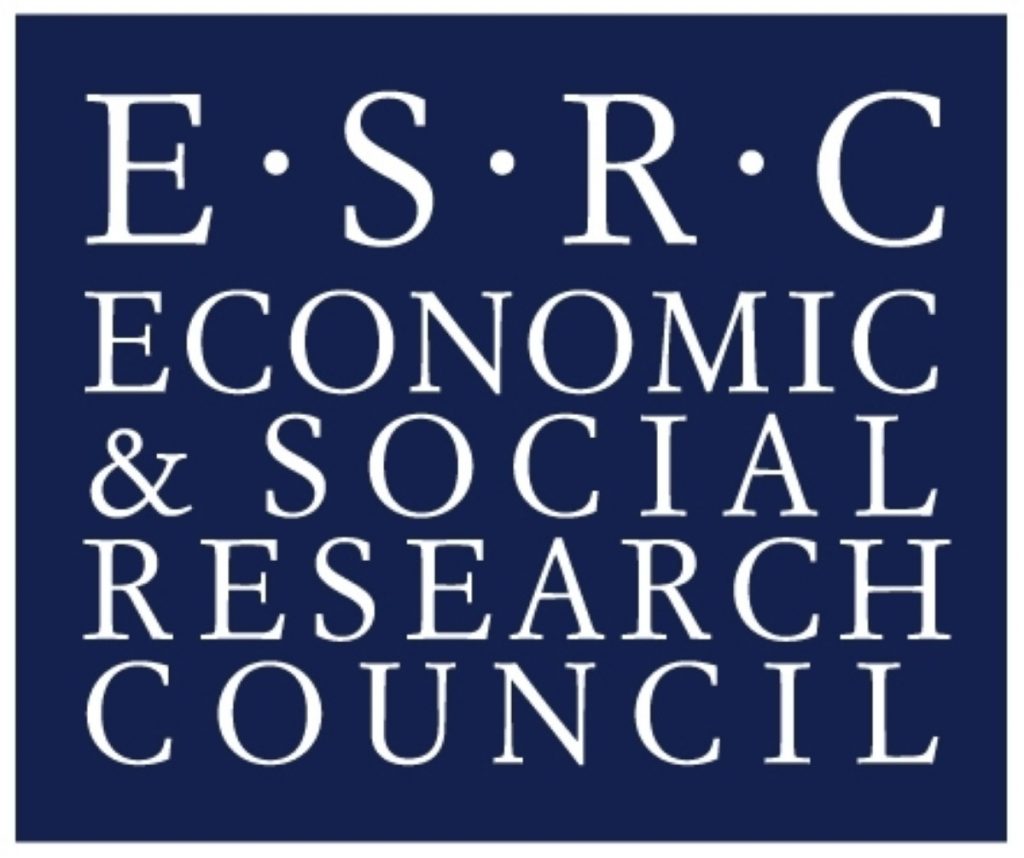ESRC Festival of Social Science: Channel 4’s Benefits Street is wide of the mark – people want to work
Date: 6th November 2014
Time: 17.00 – 20.00hrs
Location: Manchester
A study has found that people living in a working-class area of Manchester want to work and believe programmes like Channel 4’s Benefits Street do not accurately reflect their community and misrepresent their personal circumstances. The proliferation of such programmes and their impact are, rightly or wrongly, shaping public attitudes to welfare and policy, the study concludes.
The findings were reported in the Open Society Foundation’s 'Europe's White Working Class Community: Manchester', with research conducted by Amina Lone and Daniel Silver of the Social Action and Research Foundation (SARF) – a social enterprise that produces policies to combat poverty. The report highlights the impact a precarious job market has on a community in Manchester where people have few options but to move in and out of low-paid jobs – or completely fail to find any work at all. The findings are to be discussed at an event bringing together academics, policymakers, journalists and local campaigners as part of the Economic and Social Research Council’s (ESRC) Festival of Social Science.
“It’s important that we stop stigmatising people who are out of work – research shows that the vast majority of people want to work and not spend a lifetime on benefits,” says Silver, co-director of SARF. “Preferably, people would like jobs that are secure and in the locality where they live. They’d like to earn a living wage, and not have to put up with the financial uncertainty of zero-hour contracts because everyone has regular bills to pay.” The foundation also highlights the increasing number of working people who live in poverty, a fact often obscured in policy discussions and shows such as Benefits Street.
Documentaries about the lives of people who are part of a so-called ‘under-class’ in the UK have become a familiar part of TV scheduling. Allegations of ‘poverty porn’ have been levelled at these programmes that often portray individuals who are feckless, irresponsible, unwilling to ‘help themselves’ out of poverty and are happy to live a life on benefits.
In the study, local residents painted a different picture. They pointed out that people in the community rely on a network of family, neighbours and friends to help one another out with, for example, childcare and care of the elderly.
The researchers conclude that there is a need for a more accurate portrayal of what really happens in working-class areas by the press and media, especially in TV ‘documentaries’ that owe more to entertainment than accuracy.
Daniel Silver and Dr Kim Allen of Manchester Metropolitan University will lead a public debate on the issue of ‘poverty porn’ at an event as part of the ESRC Festival of Social Science on 6 November, entitled ‘Does ‘Poverty Porn’ undermine the Welfare State?’
Silver reports that welfare reform has led to increased hardship for many families. In Greater Manchester alone, for example, 4,500 people have had their benefits frozen or completely stopped. Nationally, reliance on foodbanks has soared, with an estimated 500,000 people in the UK using them in 2013 – suggesting that the consequences for hard-hit communities are often being dealt with by private goodwill.
“Senior politicians announced plans at the Conservative Party conference for even tougher and more punitive welfare sanctions in an attempt to cut the deficit,” says Silver. “The proposals are the latest in a long line of measures which suggest that welfare reform is based on the notion that people in poverty are to blame for their circumstances. Individuals in our study would strongly suggest otherwise.”
For further information contact:
· Daniel Silver
Email: dan@the-sarf.org.uk
Telephone: 0778 654 2158
ESRC Press Office:
· Susie Watts
Email: Susie.Watts@esrc.ac.uk
Telephone: 01793 413119
· Aaron Boardley
Email: Aaron.Boardley@esrc.ac.uk
Telephone: 01793 413122
NOTES FOR EDITORS
1. Event: Does ‘Poverty Porn’ undermine the Welfare State?
Location: Z-Arts, 335 Stretford Road, Hulme, Manchester, M15 5ZA
Date: 6 November 2014, 17.00-20.00
2. 'Europe's White Working Class Community: Manchester' was published in 2013 by the Open Society Foundations. It was one of a series of research-based reports entitled ‘At Home in Europe’ that featured six European cities.
3. The 12th annual Festival of Social Science takes place from 1-8 November 2014 with over 200 free events nationwide. Run by the Economic and Social Research Council, the Festival provides an opportunity for anyone to meet with some of the country’s leading social scientists and discover, discuss and debate the role that research plays in everyday life. With a whole range of creative and engaging events there’s something for everyone including businesses, charities, schools and government agencies. A full programme is available at www.esrc.ac.uk/festival. You can also join the discussion on Twitter using #esrcfestival.
4. The Economic and Social Research Council (ESRC) funds research into the big social and economic questions facing us today. We also develop and train the UK’s future social scientists. Our research informs public policies and helps make businesses, voluntary bodies and other organisations more effective. Most importantly, it makes a real difference to all our lives. The ESRC is an independent organisation, established by Royal Charter in 1965, and funded mainly by the Government. In 2015 the ESRC celebrates its 50th anniversary. www.esrc.ac.uk.





-01.png)